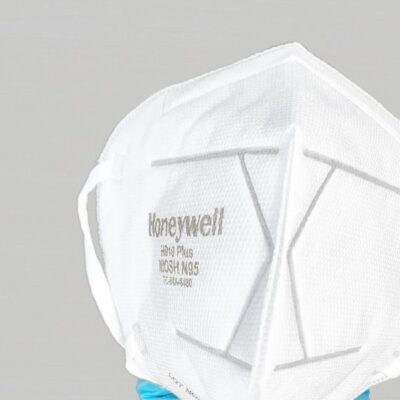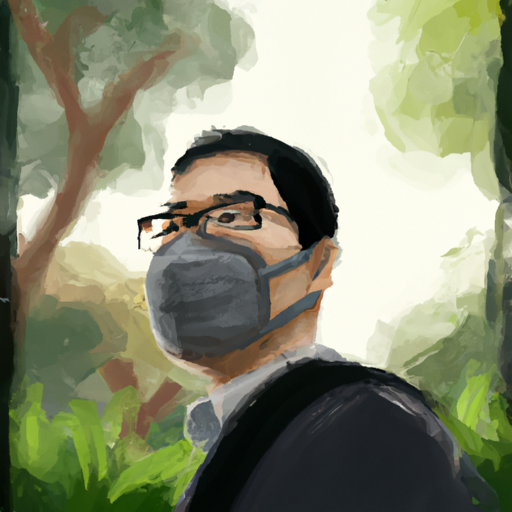Introduction
Waste disposal stations play a crucial role in managing and processing waste materials to ensure environmental sustainability. However, the nature of waste disposal work exposes employees to various health and safety hazards, including airborne particulates, biohazards, and chemical fumes. In recent times, the use of N95 masks has gained prominence as an effective measure to protect workers from these hazards. This article explores the application of N95 masks in waste disposal stations, highlighting their significance in safeguarding the health and well-being of workers.

Understanding N95 Masks
N95 masks are a type of respirator that filters out at least 95% of airborne particles, including dust, pollutants, and pathogens. They are designed to create a tight seal around the wearer’s nose and mouth, preventing the entry of harmful particles and droplets. N95 masks are disposable and are widely used in various industries where workers are exposed to airborne contaminants, such as construction, healthcare, and waste management.
The Hazards of Waste Disposal Work
Working at waste disposal stations exposes employees to a range of hazards, including:
- Airborne Particulates: Dust, dirt, and microorganisms become airborne during waste handling and processing activities. Prolonged exposure to these particulates can lead to respiratory issues and other health problems.
- Biohazards: Waste materials may include biological substances like bodily fluids and medical waste, which pose a risk of infection and disease transmission.
- Chemical Exposure: Some waste materials emit toxic fumes or chemicals that can cause respiratory irritation and other health complications.
The Role of N95 Masks in Waste Disposal Stations
- Particle Filtration: N95 masks efficiently filter out airborne particulates, minimizing the risk of inhalation and protecting workers’ respiratory systems. This is particularly important when dealing with dusty waste materials or during activities that generate airborne particles.
- Biohazard Protection: N95 masks offer a barrier against biohazards present in waste materials. They prevent the inhalation of pathogens and minimize the risk of infection.
- Chemical Fume Defense: While N95 masks are not specifically designed for chemical filtration, they can still provide a level of protection against certain chemical fumes and vapors, adding an extra layer of defense for workers.
Proper Usage and Considerations
To ensure the effectiveness of N95 masks in waste disposal stations, several factors should be considered:
- Fit Testing: Proper fit is crucial for N95 masks to work effectively. Fit testing ensures that the mask forms a secure seal around the wearer’s face, minimizing the risk of particle infiltration.
- Training: Workers should receive training on how to correctly don and doff N95 masks to prevent contamination and ensure safety.
- Mask Rotation and Disposal: Disposable N95 masks should be replaced regularly, and contaminated masks should be disposed of properly to prevent the spread of contaminants.
- Supplementary Measures: While N95 masks offer significant protection, they should be used in conjunction with other personal protective equipment (PPE) such as gloves, eye protection, and coveralls for comprehensive safety.

Conclusion
The application of N95 masks in waste disposal stations is a critical step towards protecting the health and well-being of workers. By efficiently filtering out airborne particles, biohazards, and certain chemical fumes, N95 masks play a vital role in mitigating the hazards associated with waste handling and processing. However, it is important to emphasize proper usage, training, and the use of supplementary safety measures to ensure comprehensive protection for waste disposal workers.



